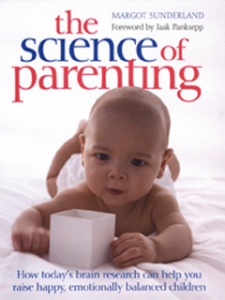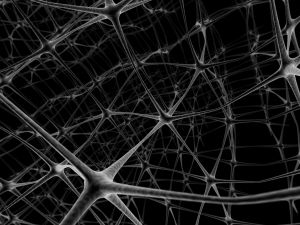By Suzanne P. Reese, IAIMT, author of Baby Massage, www.infantmassageusa.org
 Parents all over the world search high and low for all the things they can get their hands on that can help their baby grow and thrive. Tools that promise education and enrichment are sought out and the most coveted ones are often the most expensive. Many parents don’t realize they have the most educational, enriching, and least expensive tools right before them – their hands.
Parents all over the world search high and low for all the things they can get their hands on that can help their baby grow and thrive. Tools that promise education and enrichment are sought out and the most coveted ones are often the most expensive. Many parents don’t realize they have the most educational, enriching, and least expensive tools right before them – their hands.
Infant massage is one ready expression of nurturing and compassionate touch, a key ingredient to building the foundation in which some of the most critical human virtues can be found: acknowledgment, validation, safety, trust, security, mutual respect and admiration, healthy communication, healthy boundaries, high self-esteem, and resilience. Parents and children experience mutual empowerment when they discover their ability to effectively communicate through every learning channel. Touch, as non-verbal communication, can be a powerful tool for connection.
What does my baby want? If we ask, often, we will get an answer, and the language our babies use is simple – we just have to watch and listen with our heart. The art of infant massage will help up master this “new” ancient language that science has proven is a key to not just surviving, but thriving. Given the culture we live in today, the ability to thrive on human connection seems to be proving more significant than ever. Continue reading Nurturing Touch is Amazing →
 Let’s start out 2014 by talking about The Science of Parenting by Margot Sunderland. Some of the interesting sections from the first half of the book are:
Let’s start out 2014 by talking about The Science of Parenting by Margot Sunderland. Some of the interesting sections from the first half of the book are:


